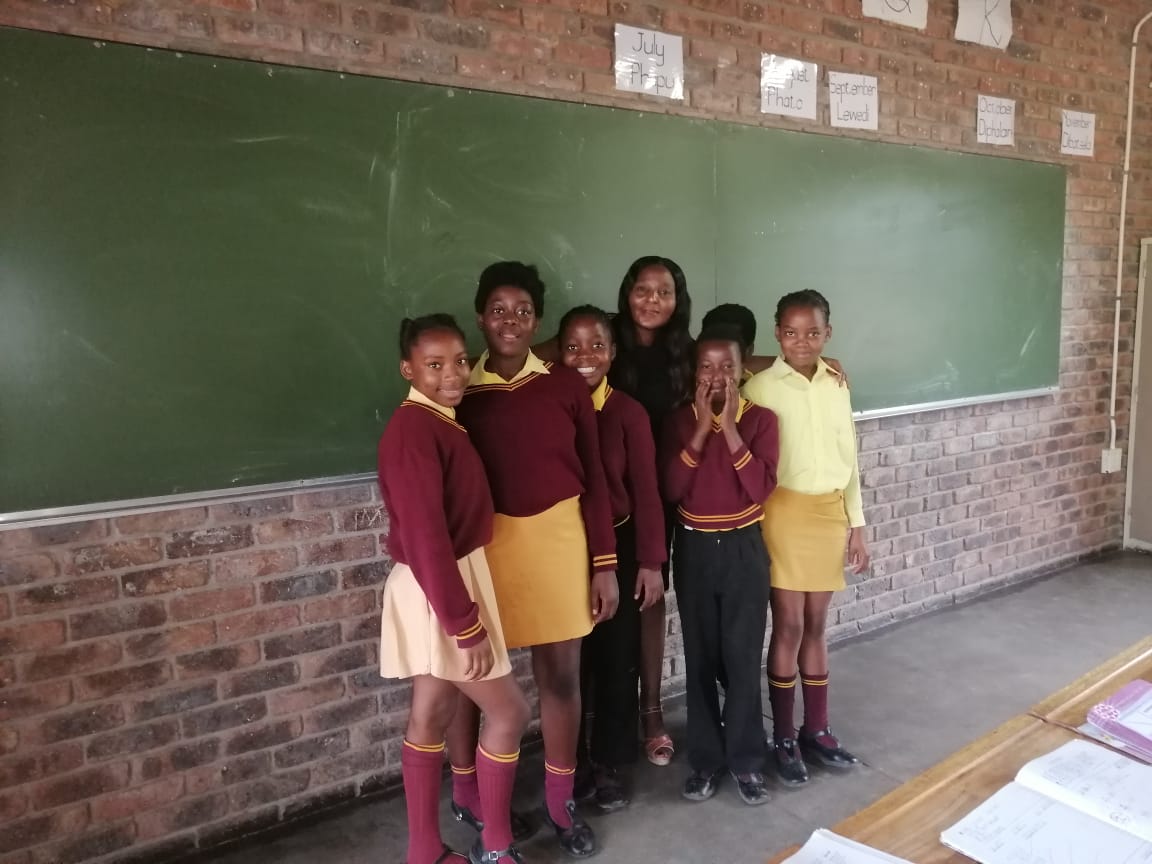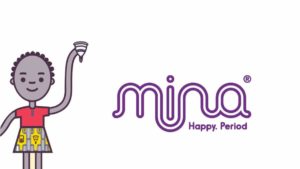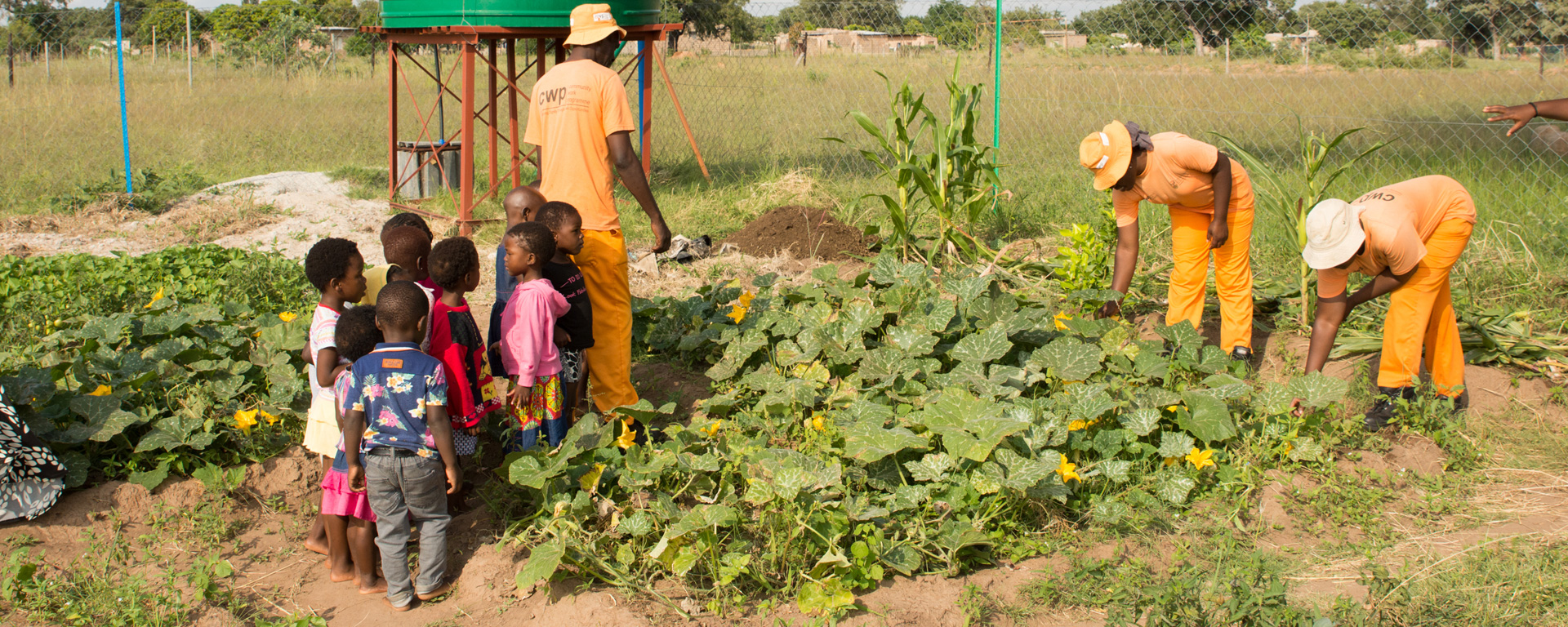
16 Feb 2020 Importance of Empowering Female Learners in Mpumalanga, Limpopo South Africa
“Education is the most powerful weapon you can use to change the world.”
Nelson Mandela
A Spring of Hope has worked to support schools in rural South Africa with WASH+ programs for fourteen years. ASoH has over 40 schools in which they have drilled water wells. ASoH also supports schools by improving sanitation facilities, creating thriving permaculture gardens, and more recently replacing wood stoves with safe propane stoves. As we grow we look to find more ways to serve the young learners at our partner schools, especially in finding ways to help assist and empower young female learners who are often marginalized in their rural communities.
Over the years we have seen the need for greater support for female learners at schools in Mpumalanga and Limpopo. For us to implement new programs and services for female learners at our partner schools we first had to recognize and address the barriers preventing female learners from having a quality education.
“A total of 75% of girls start school in sub-saharan Africa but only 8% finish”
(Sperling 67)
Through research and discussions with our partner schools and community members we have addressed these barriers and begun implementing new programs. A great resource “What works in Girls Education: Evidence For The World’s Best Investment” by Gene B. Sperling and Rebecca Winthrop with Christina Kwauk, is an in-depth look into the challenges and solutions that have been proven to improve the quality of girls’ educational experiences throughout the world. The article addresses “five compelling challenges” to supporting girls and women in education (Sperling 8).
- Achieve actual learning and a high quality education
- To enable girls to complete secondary education and to address the learning needs of out-of-school adolescent girls
- To help girls overcome violence and conflict
- To assist girls make school-to-work transitions
- To empower girls and women through education
When we compare these challenges with the needs of female learners at our partner schools we find two very important challenges to address, one: to enable girls to complete secondary education and two: to empower girls and women through education. We surveyed our partner schools to find out more about these barriers and how we can best address them.
These surveys have shown that there are major concerns about their learners’ lack of knowledge of periods and menstrual health management, lack of access to period products, a lack of confidence among learners, and a lack of support and unity among female learners. School attendance among female learners is lower in secondary schools (middle and high school) than that of primary schools (elementary sometimes through middle school). Older girls have more barriers preventing them from staying in school. Our surveys have reported that attendance is low due to a lack of period products, teenage pregnancies, HIV/AIDS, and responsibilities at home.
We recognize that there are organizations who have experience with addressing these barriers and our goal is to work more with them to help us with our own program development. We are partnering with some amazing organizations such as Women Strong International, who have created a curriculum for girl clubs called Strong Girls Make Strong Women. Their curriculum can be applied throughout the world to support girls in underprivileged areas. They made this curriculum available to organizations such as A Spring of Hope. We took their curriculum and tweaked it to specifically cater to the needs of girls in Mpumalanga and Limpopo South Africa. We have piloted this program at one of our primary schools in 2019 and we are now introducing the club to two of our high schools. Each club will have a facilitator who is either a teacher in their school (oftimes a lifeskills teacher) or a community leader. These facilitators not only lead the club meetings but they also serve as mentors for the young women. The facilitators will lead activities and discussions centered around goal setting, the importance of education, communication, healthy relationhips, HIV/AIDS protection, safe sex practices, conflict resolution, etc.
Managing menstrual hygiene is difficult for every girl but is especially difficult for girls living in impoverished areas. Period poverty is a harsh reality for so many in rural areas of South Africa. Girls who can not afford to buy pads and tampons each month rely on other alternatives such as socks, newspapers, leafs, and rags. Girls risk infections when they use improper materials. Girls have also reported feeling uncomfortable attending school while they have their periods due to the lack of supplies, they also fear embarrassment and harassment from boys.
 To address menstrual health management we researched cost effective and sustainable solutions. After talking with learners and female teachers/principals we decided on introducing menstrual cups to the learners at our primary and secondary schools. Mina Cup is a woman ran company based out of Johannesburg which focuses on providing girls in South Africa with menstrual cups. These cups are an effective solution to menstrual hygiene management for girls who struggle to attend class during their periods. These cups are made out of medical grade silicone and can be worn up to 6-12 hours and lasts for five years. Using a menstrual cup also frees up monthly expenses which can help alleviate financial pressures for families. When girls are able to take control of their periods and menstrual health they are able to focus on their education and futures.
To address menstrual health management we researched cost effective and sustainable solutions. After talking with learners and female teachers/principals we decided on introducing menstrual cups to the learners at our primary and secondary schools. Mina Cup is a woman ran company based out of Johannesburg which focuses on providing girls in South Africa with menstrual cups. These cups are an effective solution to menstrual hygiene management for girls who struggle to attend class during their periods. These cups are made out of medical grade silicone and can be worn up to 6-12 hours and lasts for five years. Using a menstrual cup also frees up monthly expenses which can help alleviate financial pressures for families. When girls are able to take control of their periods and menstrual health they are able to focus on their education and futures.
Founders of Mina are aware that young girls will have questions and concerns about using the cup and because of this they host workshops for each school they donate cups to. Mina also supports job-creation by training individuals from the community to provide information and answer girls’ questions in a palatable and relatable way.
We are extremely excited to work more with young women in Mpumalanga and Limpopo and we can not wait to see these programs thrive.
Citation: Sperling, Gene B. What Works in Girls’ Education: Evidence for the World’s Best Investment. Brookings Institution Press, 2016.
